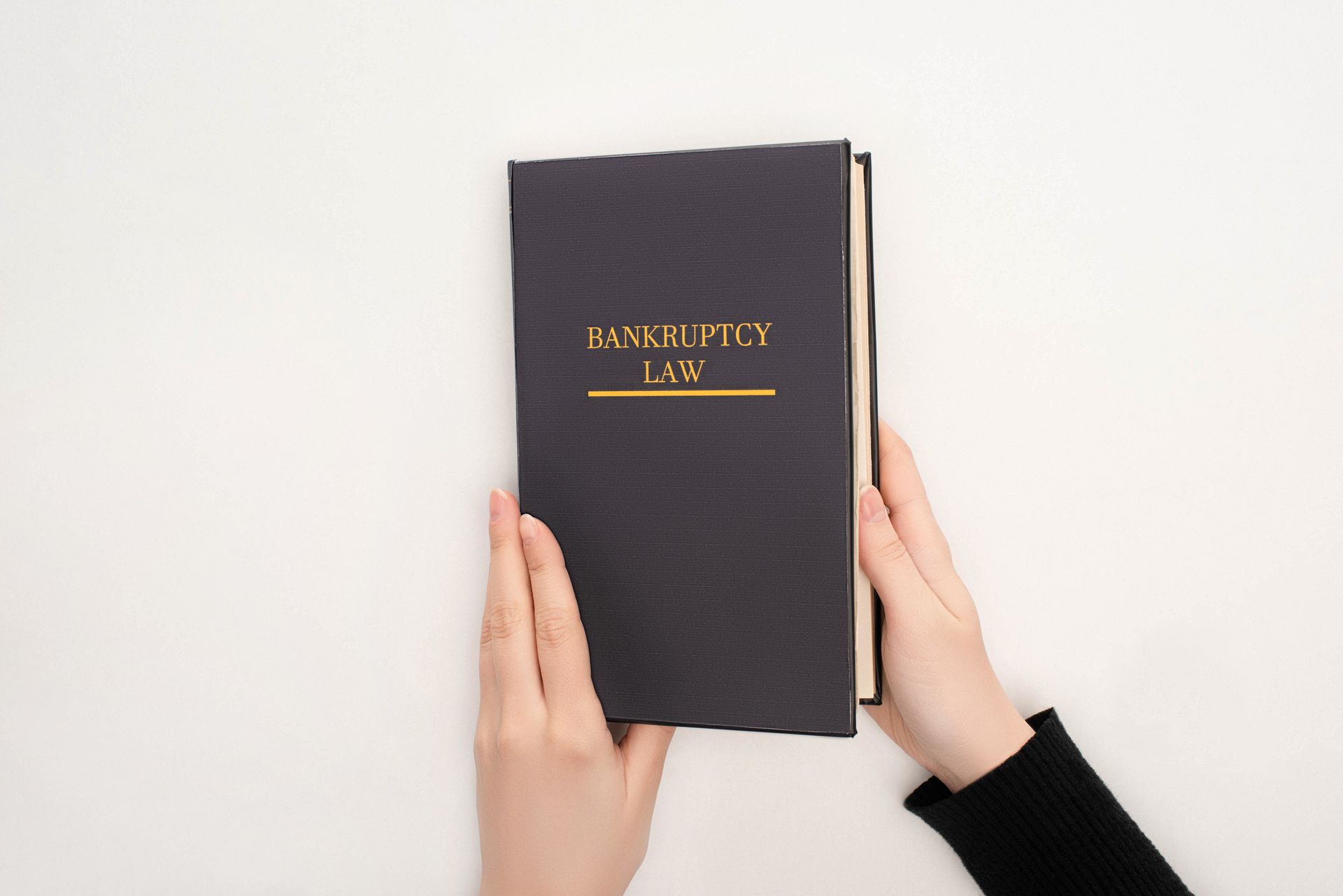Understanding Debt Reaffirmation in Georgia Bankruptcy
Did you recently file a Chapter 7 bankruptcy petition ? Are you considering filing a Chapter 7 bankruptcy petition? If so, there’s an important aspect of bankruptcy you should be aware of – debt reaffirmation.
What Is Debt Reaffirmation?
Debt reaffirmation is a legally enforceable written contract in which a Chapter 7 debtor agrees to repay all or a portion of debt that may otherwise have been discharged by the bankruptcy court.
How Assets Are Handled During Bankruptcy:
In Chapter 7 bankruptcy , the trustee is responsible for administering your bankruptcy estate. (Your bankruptcy estate consists of almost all of your property as of the date of the bankruptcy filing). The bankruptcy trustee identifies, collects, and sells all of the petitioner’s assets owned at the time the petition is filed, except any that fall in what is referred to as bankruptcy “exemptions.” (Items commonly considered exempt include: some personal items, maybe a vehicle (depending on value, etc.) and possibly some real estate). The money generated by the sale of the assets is distributed among the petitioner’s creditors.
The Debt Reaffirmation Process:
After filing a bankruptcy petition, a petitioner might want to repay a specific debt. For example, the petitioner may want to pay the debt associated with the vehicle they rely on to get to their place of employment. If you decide to pay a debt that would otherwise be included in the Chapter 7 bankruptcy’s discharge of debt, you are required to sign a reaffirmation agreement. The reaffirmation agreement is a document in which you promise to pay all or a portion of the debt. The document is filed with the court. While reaffirmation agreements are strictly voluntary, they are legally enforceable once they are completed, and filed. In addition to being voluntary, reaffirmation agreements must not place an undue burden on the petitioner or the petitioner’s family, and they must be in the best interest of the petitioner. Do not reaffirm a debt simply because a debtor asks you to; you are under no obligation to reaffirm any debts during your bankruptcy case.
Can a Reaffirmation Agreement Be Cancelled?
The reaffirmation agreement is legally enforceable, but it can be cancelled under certain circumstances:
- Before the court issues a discharge
- Within 60 days of the date the affirmation agreement is filed with the court
If you need debt reaffirmation agreements or if you need to file a bankruptcy petition , call Kenneth C. Rannick P.C., Tennessee, and Georgia bankruptcy attorney. We help good people through bad times.
The post Understanding Debt Reaffirmation in Georgia Bankruptcy appeared first on Kenneth C. Rannick, P.C..










